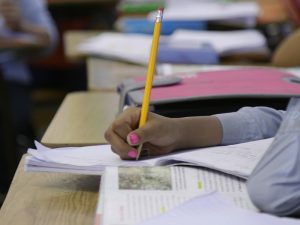
In this digital era, technology has had a profound impact on every aspect of life, including education. Social media platforms, in particular, have revolutionized the way in which people communicate and access information. Social media has become an essential source of information, and many educators have begun to incorporate it into their teaching methodologies. Though social media presents unique opportunities for education, it also comes with challenges that need to be addressed. This article explores the impact of social media on education, highlighting the pros and cons.

Opportunities
Social media has created new opportunities for learning and communication for both students and educators. With social media, students can access a vast array of resources, from e-books to research papers, and connect with other learners on different topics. Teachers can use social media to create online forums where students can participate in discussions, share their opinions, and ask questions. This approach is beneficial as it enables students to learn beyond the classroom environment and to learn at their own pace.
Social media has also brought about new educational tools that have simplified the learning experience. For instance, video lectures, podcasts, and YouTube tutorials have made it easier for students to understand complex topics. Teachers can use social media to keep their students updated on current events and to assign tasks or assignments via online platforms.
Lastly, social media has created new avenues for networking, which can be useful to students for finding internships and job opportunities. Social media networks such as LinkedIn have become instrumental in helping students to connect with professionals in their field of study..

Challenges
Social media has also presented several challenges in the education system. Firstly, it can be a distraction to students, causing them to lose focus on their studies. Secondly, it can be a source of misinformation which can lead to academic dishonesty. Thirdly, social media can lead to cyberbullying, which can have a damaging effect on students’ mental health.
Another significant challenge is the digital divide, which refers to the inequality in resources and access to technology among students. Students from economically disadvantaged backgrounds may not always have equal access to technology, which can limit their learning opportunities.
Social media has brought about new opportunities for students and teachers in the education sector. It has given students access to unlimited resources, simplified learning, and introduced new ways of engaging with teachers and fellow students. However, social media also poses challenges that have to be addressed. Educators must find ways to balance the benefits of social media while mitigating the potential risks that come with it. In conclusion, social media is an essential tool that can be utilized to enhance the learning experience, but it requires a thoughtful approach to ensure that it is used appropriately to maximize its benefits.







